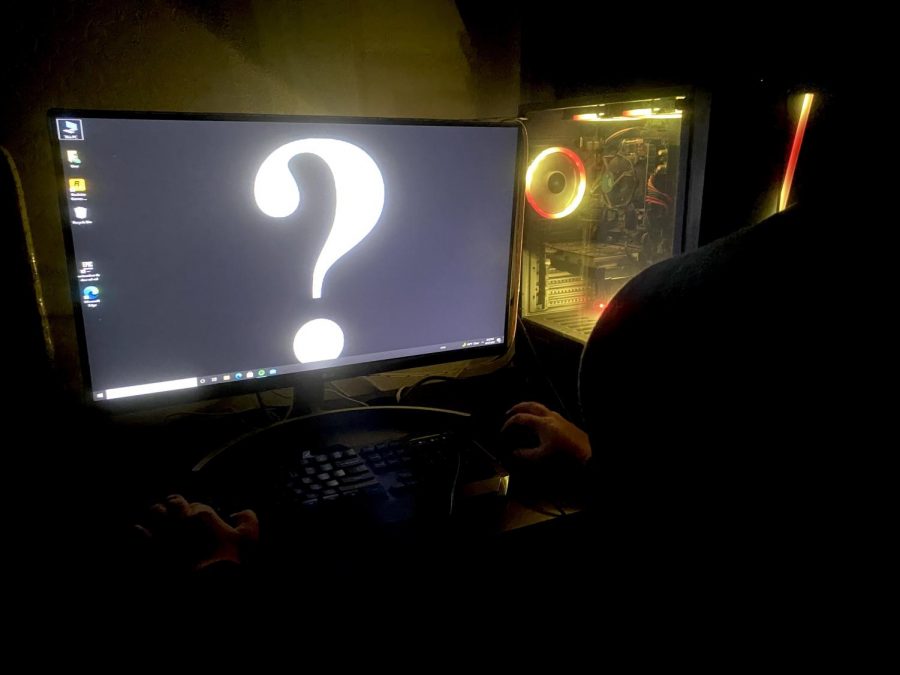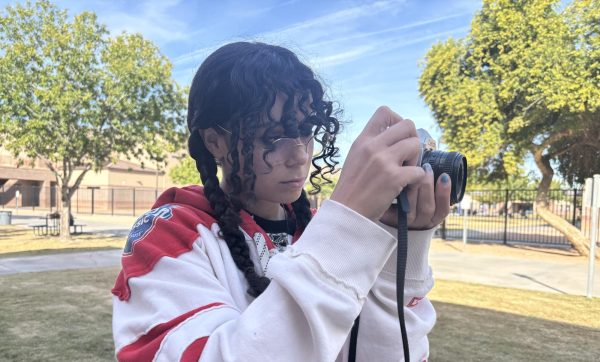Connecting the world: for good or for harm?
The Internet holds great power in learning and connecting with others anywhere in the world. In actuality, the true identity of the person behind the screen can never be fully proven online.
The internet has gifted the world with endless amounts of information. In only the first 30 years that the Internet has been popularized, not only has the World Wide Web found niches, home videos, movies, and encyclopedias, but also stalkers, identity theft, cyberbullying, and perhaps the worst of all, what still hasn’t been found.
With the inclusivity that welcomes so many people on the internet and the wonder stories that give people trusting hope, it is easy for a stranger to hide behind a screen and gain someone’s trust. From grooming young children to scamming adults, nearly no one with access to the internet is immune from this.
As the internet grows to be even more globalized and assimilated into everyday life and culture, it is of the utmost importance to teach children of these dangers. Without this education, they are extremely vulnerable to falling into a stranger’s trap. In June of this year, the FBI announced that there are over 500,000 predators that are active everyday on multiple platforms with several accounts. They also estimated that over 50% of victims are between 12-15 years old (Child Crime Prevention & Safety Center).
English teacher and parent, Alicia Bear, recognizes the danger of unknown people on the Internet and explains how this can affect teens and children more than others. “As young kids [the] brain is not fully developed so [the] ability to understand what is dangerous and what isn’t, isn’t formed yet,” said Bear. She also mentioned that the Internet’s long-term effects and even more dangers have not been found yet since it is still so new in the timeline of history.
Mentally, social media is a huge known factor contributing to cyberbullying, disruption of sleep, and in severe, but not uncommon cases, depression, anxiety, and isolation. Privacy threats, of all kinds, including predators, password leaks, and location also follow social media’s immense presence in children and teens’ lives.
While the internet holds the answers to just about any and every question possible, it seems almost strange to take a moment to stop and think about who is giving these answers so freely. That is exactly the danger. To filter through what is truly accurate takes time and effort. Those who actually do it? Rare. In order for the internet to be a symbiotic relationship, there must be trust between the informers and those being informed, but with platforms such as Facebook and Instagram becoming publications to censor and promote certain information, it is no longer so simple.
It is almost terrifying when talking about a specific product with friends and a day later see it as an advertisement online, but this has become a universally common experience for internet users. Creators of these applications and softwares have since admitted that they are listening, but in much more subtle terms. It is part of the agreement when you join the network.
The vast waters of the Internet include even more dangers than just a few.
*If you or someone else see suspicious activity online, you can report it to FBI’s hotline: https://www.ic3.gov/Home/ComplaintChoice

Madeleine Nseir is a senior in her second year with The Precedent. She is co-president of on-campus club, Operation Smile, and in the Puma Regiment. Other...




